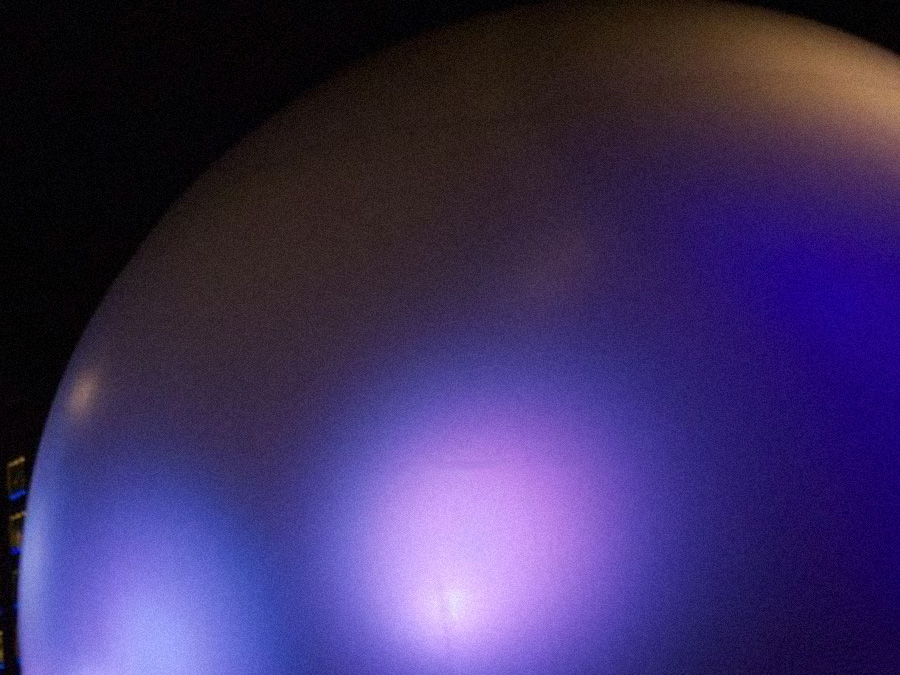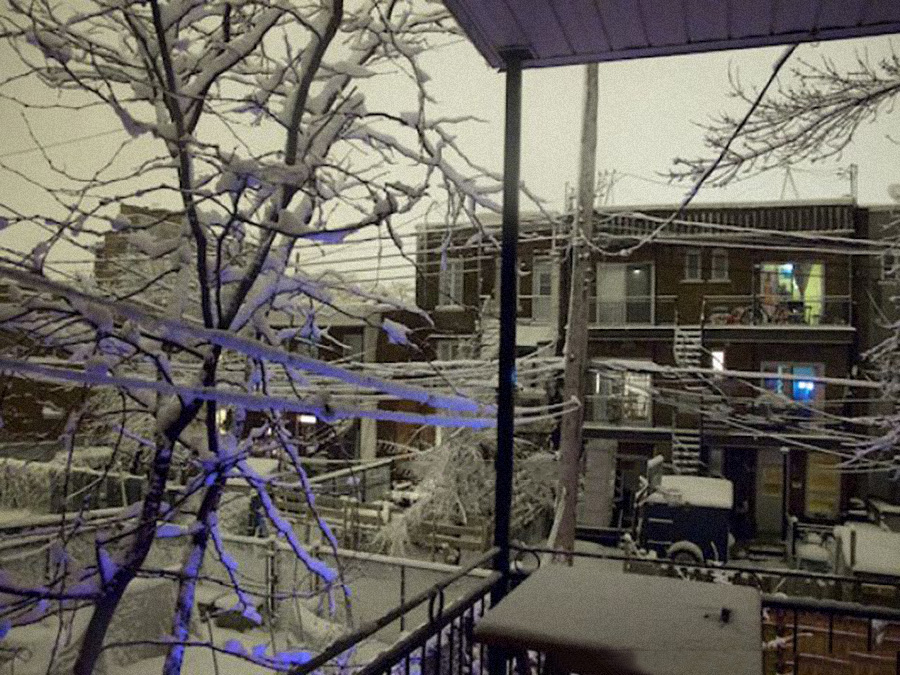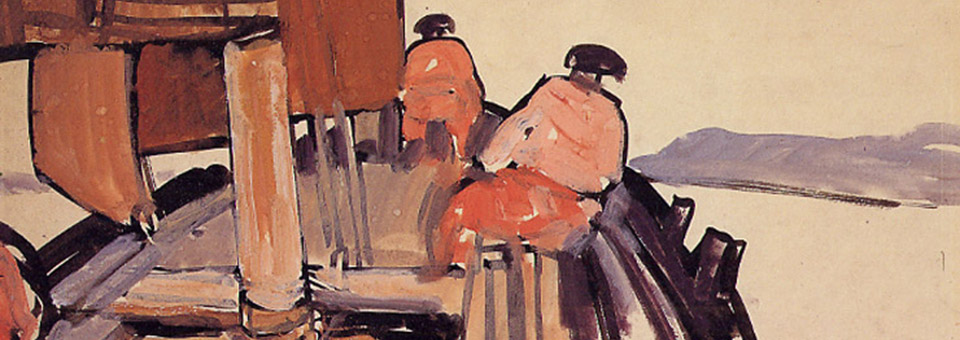
The elusive knowledge
I met W. at the grocery store. He’s the same age, a few days apart, like my father. W. was a member of the Ensemble vocal Ganymède for a few years. He left last year. I saw him tired and, to be honest, on the decline. Yesterday, he offered me a portrait far from that first impression. He now sings in another choir, finding the work of our very demanding conductor tedious and exhausting. There, he is happy in his revisiting of Bach’s Mass in B.
As always, this man amazes me, and I have a deep respect for him. I would like to be like him "at his age," as they say. Artist, actor, he never stops flirting with multiple projects. He is learning (or has learned) Spanish, guitar, is currently banging Charles Taylor’s big brick, [A Secular Ages](https://books.google.ca/books/about/A_secular_age.html?id=hWRXYY3HRFoC&redir_esc=y&hl=en).
Homosexual, he was all married, had one or two children. And I learn, during our conversation, that he had done his theology or at least he wrote a master’s degree in this field.
—I reread my thesis, written in the sixties.
He stops, smiles, his mind obviously trying to find the right word about these years of illusion.
—I realized I didn’t know this, not that. I had not yet lived.
—You’re different now.
He smiled at me again, his face lighting up with the little candle in the mind of a man who has seen others. He could have been Goldmund smiling at Narcissus before he died, happy to have explored the overflowing sensuality of the Universe.
I could have asked him what he now knows that he didn’t know then. I think he would not have known how to answer me because that knowledge of life that soaks into the pores of our many thoughts is as intangible as it is evanescent, a kind of cheerful Nietzsche-style experience.
This is what I feel most about this venerable man, the fragile tragicomedy of our frugal moments on the planet.
I too want to remain a child of knowledge, I hope to live a long life, unaware of how to gorge myself on the honey of life.
Long live to you, W.

